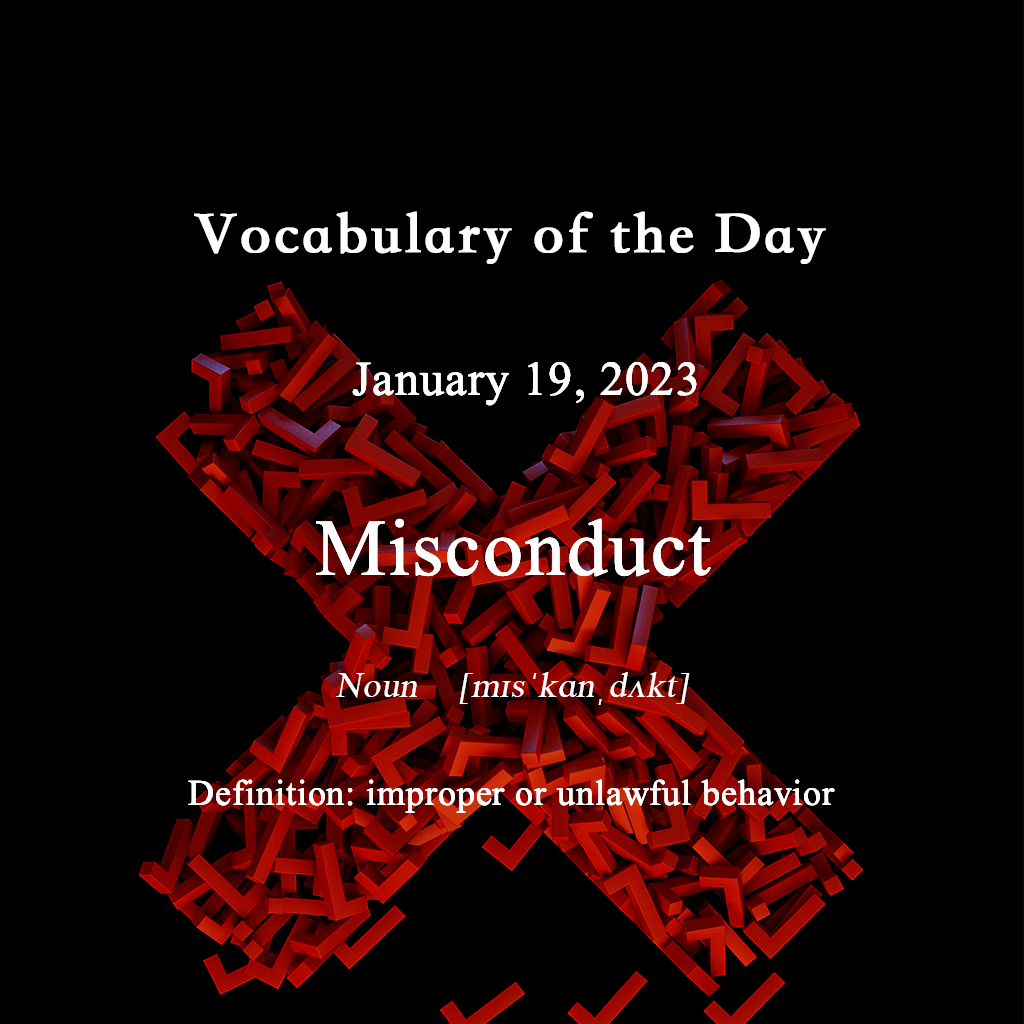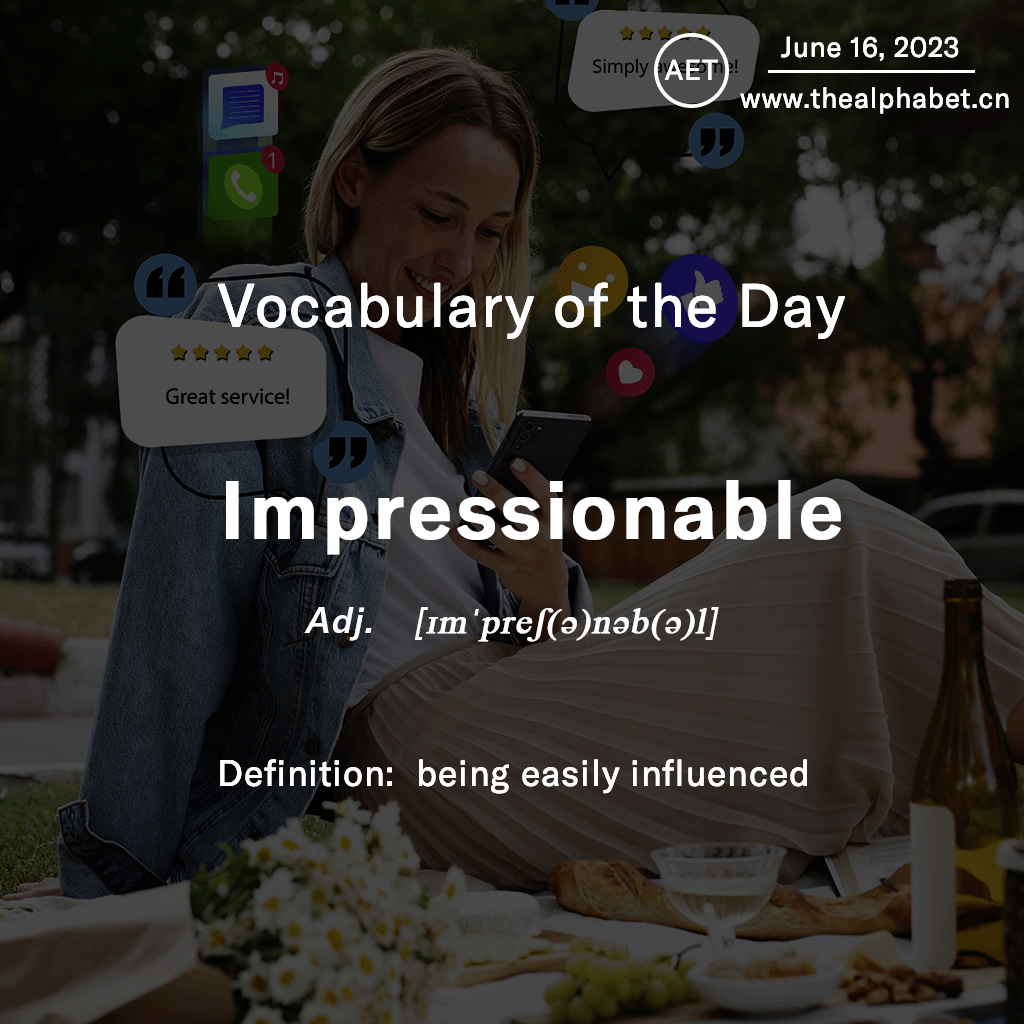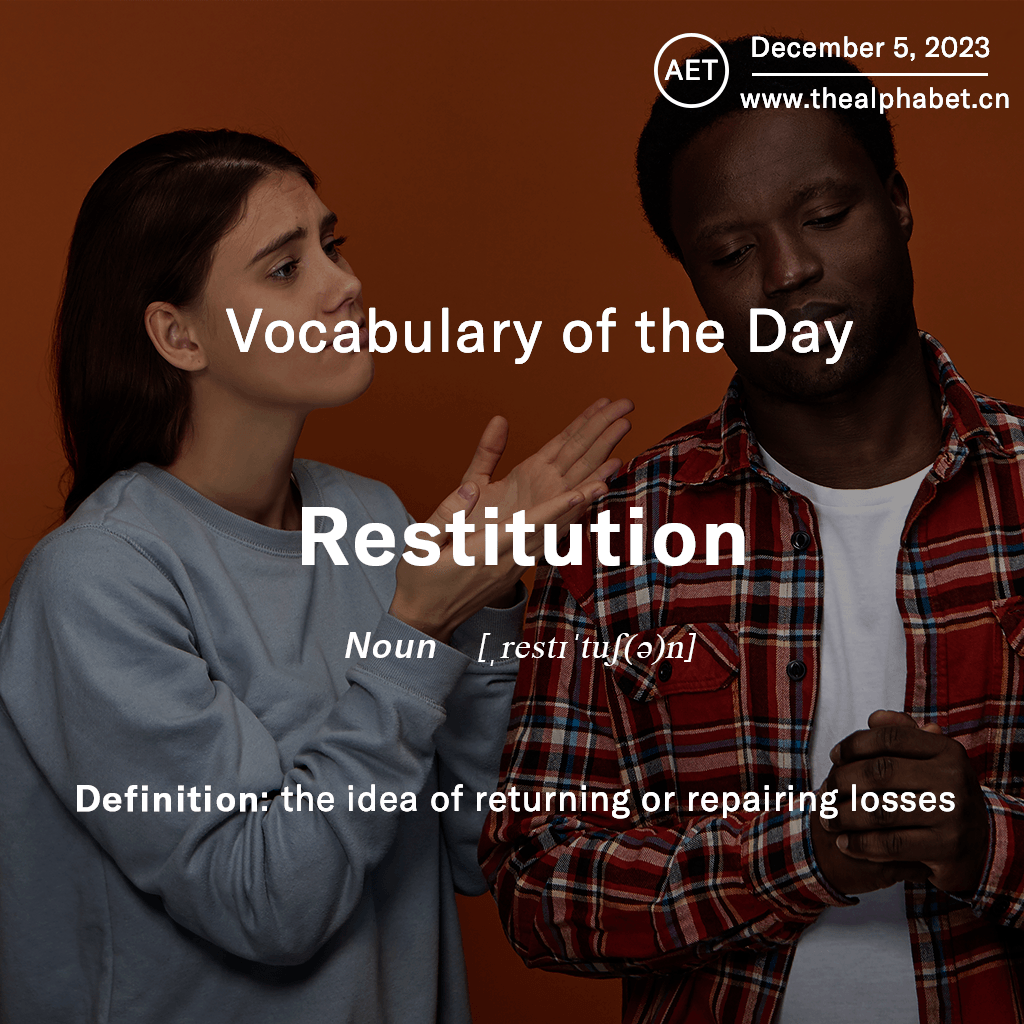Video by Investors Trading Academy
发音:[ɪnˈtrɪnsɪk]
例句:
- When people say something has intrinsic value, they want to express the meaning that it is characterized with some essential nature, which comes from within.
- There’s a critical difference with crypto, though, compared with past bubbles: It had virtually no intrinsic merit.
- Most notably, the theory points to the importance of intrinsic motivation: the desire to do something for its own reward, not for any instrumental benefit.
- They can choose to learn their favorite subjects without the extrinsic motivation of stringent grading overtaking their intrinsic motivation to learn more about the topic.
- Studies show that we do our best work through intrinsic motivation, which involves autonomy and control over our work as a fundamental driver of effectiveness.
解释:
- Intrinsic该单词为形容词,其核心在于表示“anything intrinsic comes from within”这一含义, 即“本质的/内在的/固有的”,与“built-in/essential/inherent/inborn/innate“等单词为近义词。
- 具体使用场景如下:
- The intrinsic value of education is critical thinking. (教育的内在价值在于批判性思考。)
—Education - This is dominated by an external factor, rather than something intrinsic to the performance.(这主要是由外部因素主导的,而不是性能的内在因素。)
—Society - All those findings suggest it’s the drug’s impact on sperm formation, rather than diabetes or another factor intrinsic to the men.(所有这些发现都表明,这是药物对精子形成的影响,而不是糖尿病或男性固有的其他因素。)
—Biology - Researchers are generally eager to do high-quality research, and institutions should avoid reforms that are perceived as bureaucratic, or they will undermine intrinsic motivation.(研究人员通常渴望进行高质量的研究,机构应避免被视为官僚主义的改革,否则会破坏内在动机。)
—Science



